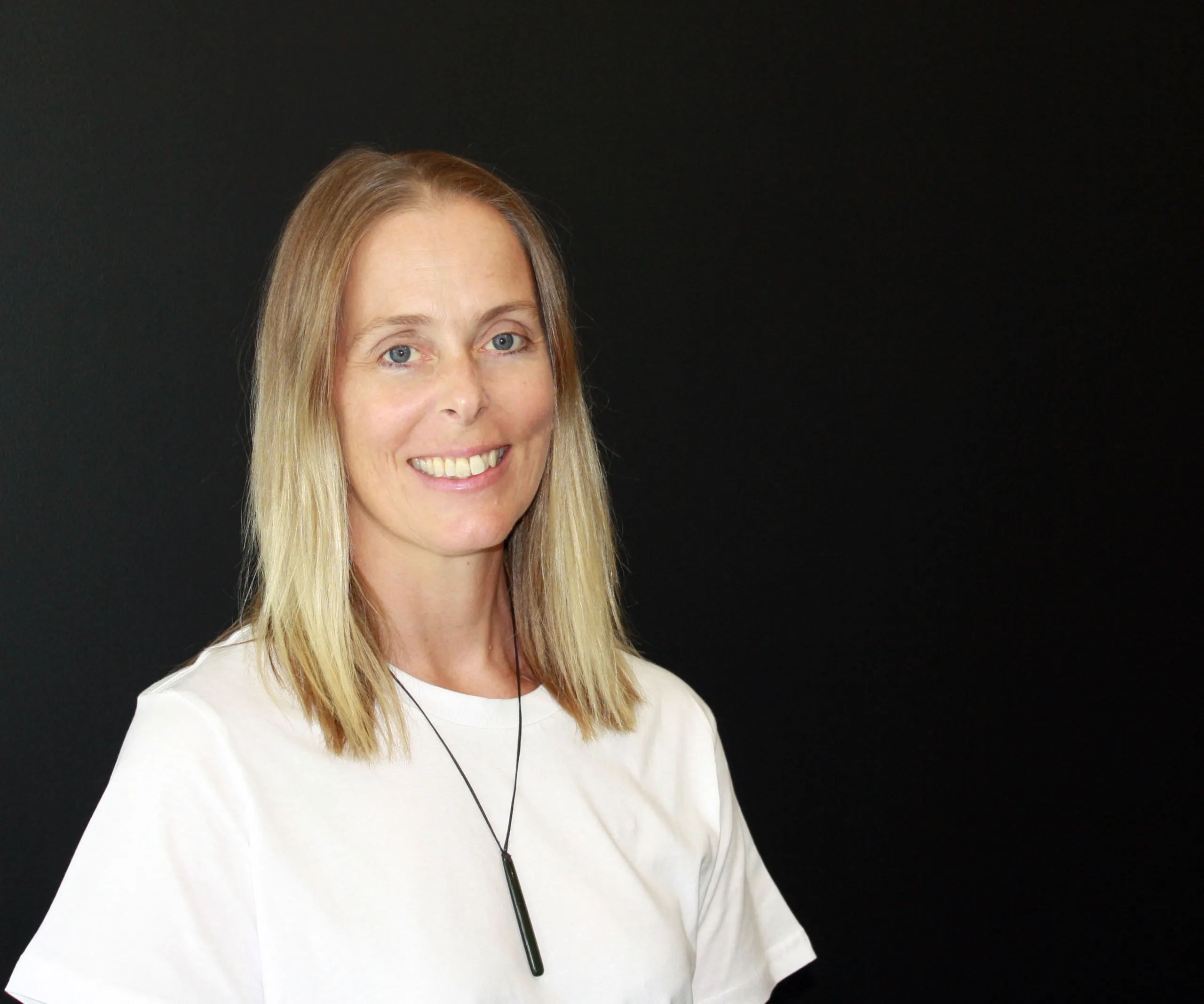No products in the cart.

The whole community has a stake in how we educate our children
In a wide-ranging interview with NBR journalist Will Mace*, Longworth CEO Sarah Aiono
highlighted the importance of ensuring our education system is fit for purpose in creating the
next generation of entrepreneurs essential for the future success of our economy.
And Play Pedagogy can be a critical element in achieving that success.
While everyone seems to agree that our kids are disengaging from traditional schooling,
there are differing opinions as to what the solutions might be – and it’s certainly not clear that
that going ‘back to basics’ is the best option.
Sarah told the interviewer that schools need to put more emphasis on learning through play
to develop (among many other things) the vision, enthusiasm, flexibility and perseverance
required to be a successful entrepreneur.
She said a recent trip to Europe, which included attending the 3E 2024 Conference in the
Netherlands that had entrepreneurship in education as its key focus, highlighted the
frustrations educators there share with New Zealand counterparts around how play
pedagogy is marginalised by many in charge of the education system.
What communities and the business sector have at stake is highlighted by the frustration
expressed by many tertiary-level educators and academics at the lack of the essential
elements of creativity needed to be a successful entrepreneur.
Even enthusiasts for more innovative approaches can find it difficult to adjust from traditional
textbook-based learning styles.
Sarah said unique problem-solving approaches require an element of risk taking and
creative, innovative thinking and this is often absent as students move through the education
system to university.
She said the redesign of English and mathematics learning currently underway by the
coalition government demonstrates a patronising and presumptive attitude towards teachers
and those at the classroom “coalface”.
The new, politically driven approach has the potential to alienate those front line teachers.
Sarah said issues of a drop in numeracy and literacy alongside increasing mental health
issues and student disengagement are not unique to this country – a point emphasised by
her discussions in Europe.
These issues were compounded by the Covid pandemic, although many of them existed
before Covid happened. The danger was that the knee-jerk response to perceived problems
in education could trigger an undeserved indictment of teachers and barriers to the
progressive path of pedagogy.
The way forward needed to include student-led inquiry and a focus on leveraging student
interest to foster creativity and innovation. Sarah said that there were many opportunities
with the school environment for play to be incorporated into learning if teachers were
encouraged and supported.
She said that as students matured, play could and should become an internal mindset of
giving something a go, not being afraid to fail or becoming discouraged.
Entrepreneurs have not always embraced traditional schooling and it’s vital for businesses
and the community to accept that there doesn’t have to be a “one size fits all” approach to
education. There is always room to look at problems in different, creative ways.
Sarah said a prescriptive approach like that being adopted by the current government has
the potential to remove discretion from teachers is unhelpful. There is a need for the public
and private sectors to collaborate around what our children should be learning.
A focus just on the “basics” could come at the expense of other skills that are important for
the future of the wider community.


